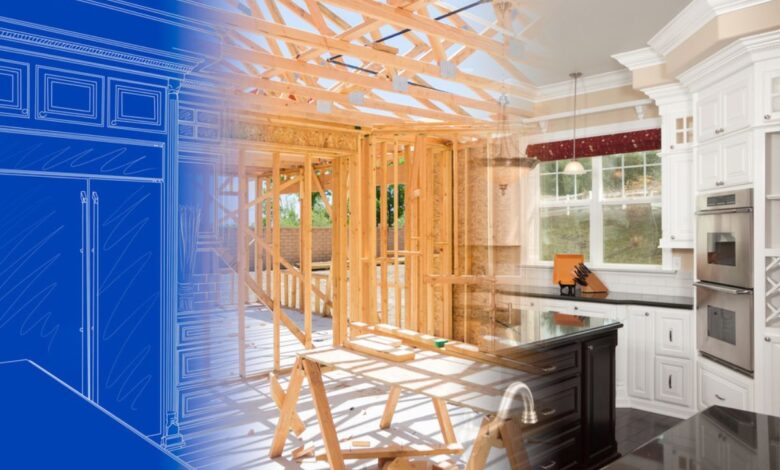Building A Custom Home: 4 Do’s And Don’ts For Homeowners

If you frequent Reddit, then you’re probably familiar with r/ConstructionFails. Relatively small at less than 20,000 members, this subreddit is a treasure trove of images of things to avoid in a construction project. Having your home featured in this online community may be worth some laughs, but it can also be embarrassing.
Saying that a home consists of four walls and a roof is a common misconception, at least as far as a custom home goes. You’d want those four walls and the roof to have the highest degree of comfort and aesthetic. After all, it’ll be your and your family’s humble abode for years, if not generations. This guide will help you achieve that by discussing the dos and don’ts.

-
Do Get A Home Builder
Building a custom home means that the homeowner’s involved in every step, from the design to the finishing touches. Some even go so far as to make it on their own, showing how committed they are to creating their dream home. While this route gives people more control over the entire process and saves up to 20% in total costs, it has a few drawbacks.
Not everyone is qualified to be a contractor. To succeed in such an industry requires a team of pros, a spiderweb’s worth of business connections, and—most importantly—a knack for time management. Securing the necessary permits is another fundamental skill, and most contractors will tell you that permit offices rarely look at homeowners kindly.
A fully-fledged home builder has been in the industry long enough to possess these capabilities. While you may have to pay extra for their services, you’ll also get peace of mind knowing that pros are handling everything. Home builders should also be flexible enough to accommodate a client’s plans, no matter how unique.
-
Don’t Just Pick Any Builder
That said, picking the closest or cheapest home builder in the area is ill-advised. The National Association of Home Builders can’t stress enough the significance of listing potential builders and narrowing them down to one with due diligence.
Portfolios are a good source of information. The good news is that almost all reputable builders provide them; you can go to their websites or here to check their credentials. Of course, no source of information can be any juicier than satisfied clients. If possible, search for the homes featured on the builder’s portfolio and talk to their owners.
-
Do Think About The Future
As mentioned in the beginning, a custom home project will most likely be a person or family’s humble abode for the next couple of years. That’s why it pays to consider the design’s overall longevity, starting with the location.
For example, if you live in California, holding onto your house for a long time may work in your favor because of Proposition 13. First enacted in 1978, this legislation keeps property taxes at a minimum as long as homeowners remain in their residence but will increase when they sell it. As a result, homeowners in Los Angeles stay longer in their homes than anywhere in the U.S.
For a house to stand the test of time, the materials must be just as robust. Wood may be a good example, but that alone won’t hold up much against the forces of nature. Hardier materials such as brick, stone, and concrete hold their own far longer.
-
Don’t Be Inflexible
Many homeowners want nothing short of making their dream home a reality, down to the last detail. Home builders try their best to comply with their client’s plans. But in the words of a prominent military strategist from the 19th century: ‘No battle plan survives contact with the enemy’. In custom home building, that enemy is called unpredictability.
Take cost, for instance, which has been a significant hurdle to owning a home for decades. As housing inventories have dropped over the past six years, people have begun leaning toward custom homes. But the increase in prices over the same timeframe means the cost of custom homes has also increased (custom homes cost twice as much, per some estimates).
Saving on a custom home building will likely entail changes to the initial plan. You may have to put the dream of having a garden terrace or backyard pool on hold, if not indefinitely. If owning a home takes precedence over realizing a dream, it’s crucial not to be too rigid.
Conclusion
Capable hands should build a home, as it’s the largest investment anyone will make in their lives. Think about the intricacies involved in planning and construction, not to mention the length of time you expect it to be home sweet home. With the right decisions, neither the cost nor lifespan of the house will bother you.




